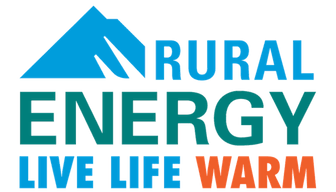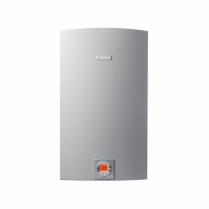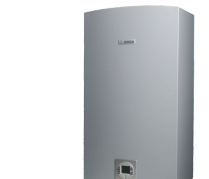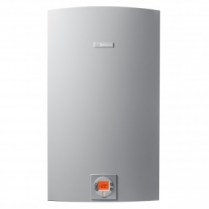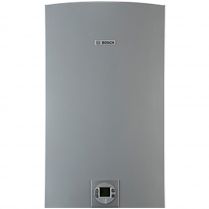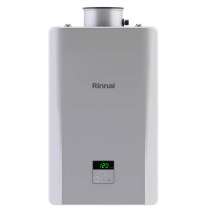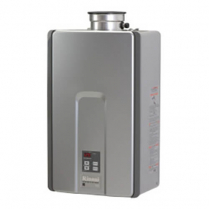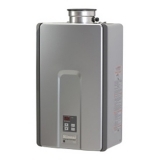When it comes to heating, the choice of fuel source can significantly impact both your wallet and the environment. Among the various options available, natural gas stands out as the most efficient and cost-effective choice for powering home appliances and fixtures. Whether it's boilers, dryers, stoves, or ovens, appliances fueled by natural gas consistently outperform their electric and oil counterparts in terms of fuel consumption. This efficiency translates to tangible savings on your utility bills.
But the benefits of gas water heaters extend beyond just cost savings. Opting for natural gas or propane as your primary fuel source is a conscious step towards reducing your environmental footprint. These fuels burn cleaner, releasing fewer greenhouse gases compared to traditional fuels, making them a more environmentally friendly choice. By transitioning to a natural gas-powered home, you're not only ensuring a more sustainable lifestyle but also contributing to a greener planet.
At Rural Energy, we are committed to offering the best in gas water heating solutions. Our catalog boasts products from industry leaders like Bosch and Rinnai, brands renowned for their innovation, reliability, and commitment to quality. Whether you're in the market for a whole-house water heating solution or a tankless model for on-demand heating, our range caters to every need. Whether your preference leans towards natural gas or propane, we have the perfect water heater tailored to your requirements.
Embrace the future of water heating with our range of gas water heaters and tankless solutions. Experience unparalleled efficiency, sustainability, and peace of mind with every warm shower or bath.
